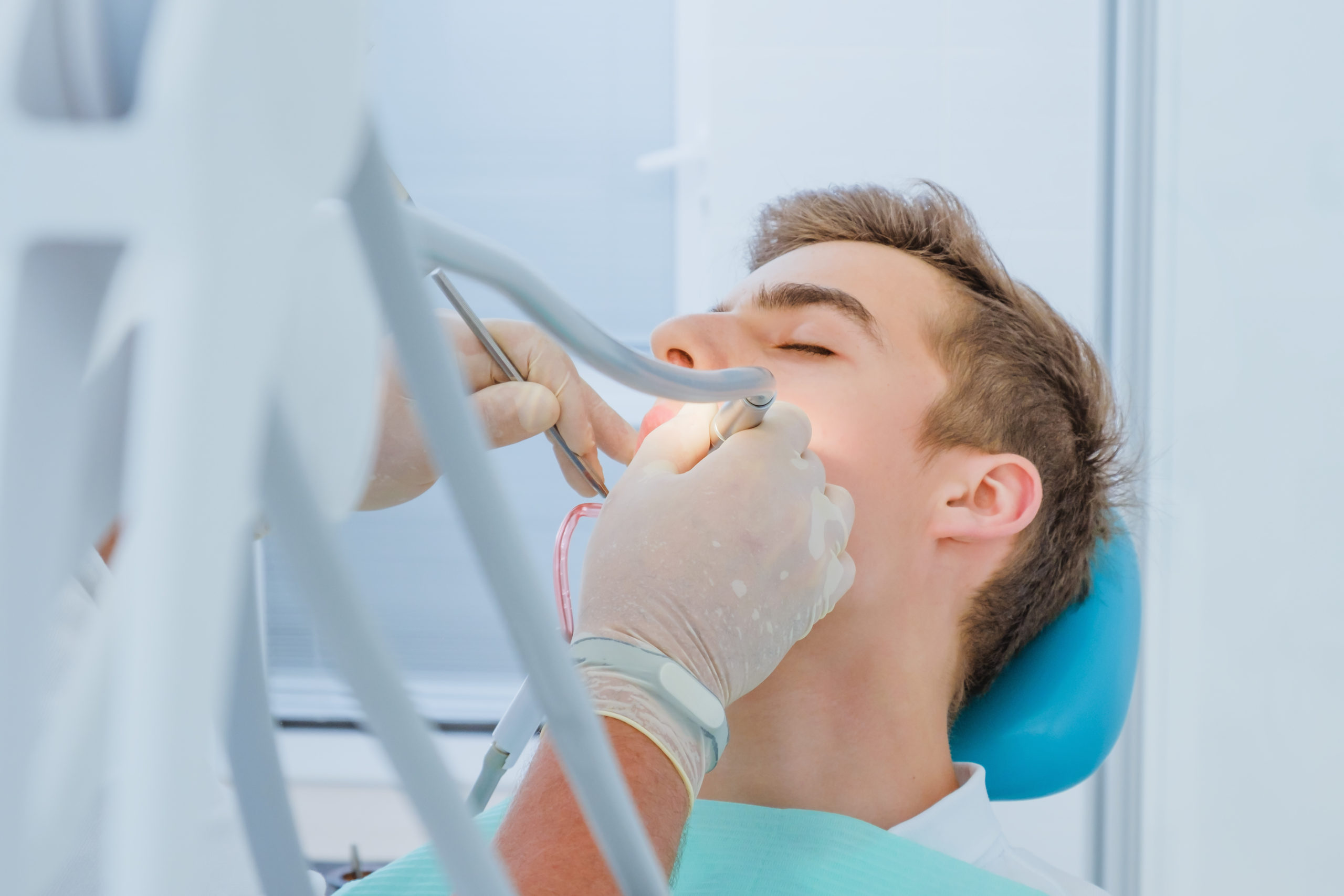For millions of high schoolers across the country, getting wisdom teeth extracted is a common occurrence. In fact, for many young people it is their first real encounter with a surgical procedure. And on that note, it is their first real encounter with painkillers. That being said, this simple procedure is now being singled out as a gateway into teen opioid addiction.
All of this has come to light thanks to a new study put out by The American Medical Association. In their latest Journal release, the AMA found that nearly seven percent of teens who received a painkiller prescription following a wisdom tooth extraction went on take more of the drugs. Worse yet, over five percent transitioned into a full blown addiction.
And these weren’t stats that were pulled together lightly. AMA researchers poured through medical records of more than 750,000 teen patients with private health insurance in 2015. Of those, over 95,000 were given opioid prescriptions. That was then synched with dental prescribers and patterns were uncovered. One alarming finding was that these same dentists gave out a second prescription of painkillers to seven percent of that group within the span of one year.
“The findings suggest that dental opioid prescriptions, which may be driven by third molar extractions in this age group, may be associated with subsequent opioid use and opioid abuse,” AMA researchers wrote in this latest Journal entry.
For a while now, the dental profession has been singled out for their less stringent distribution of opioid prescriptions. Though wisdom teeth extraction can be a painful procedure, many experts concur that patients could receive other types remedies to ease the aftermath of the surgery.
There has also been talk about unnecessary wisdom teeth procedures. For generations this was common practice, but a modern re-examination by a Cochrane Review seemed to prove otherwise. If the molars aren’t hurting you, there is little evidence that removing them will help you later down the line. Conversations have now shifted, emphasizing to only perform this type of procedure if absolutely necessary.
Other recommendations were put out there, as well. In regards to pain, non-opioid alternates like acetaminophen have been shown to be effective without putting patients at risk of an addiction. Stanford clinical professor Alan Schroeder shared his thoughts on the matter with Gizmodo.com.
“This research raises two really important related but separate questions,” Dr. Schroeder explaiend. “First, do we need opioids? And second, do we really need this procedure?”







